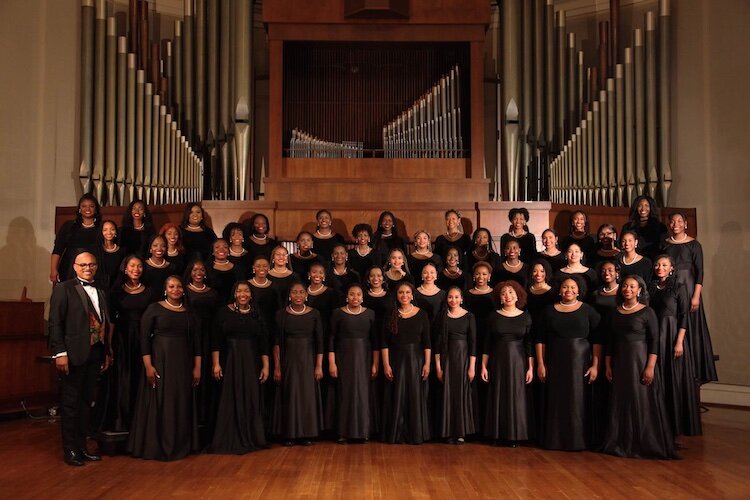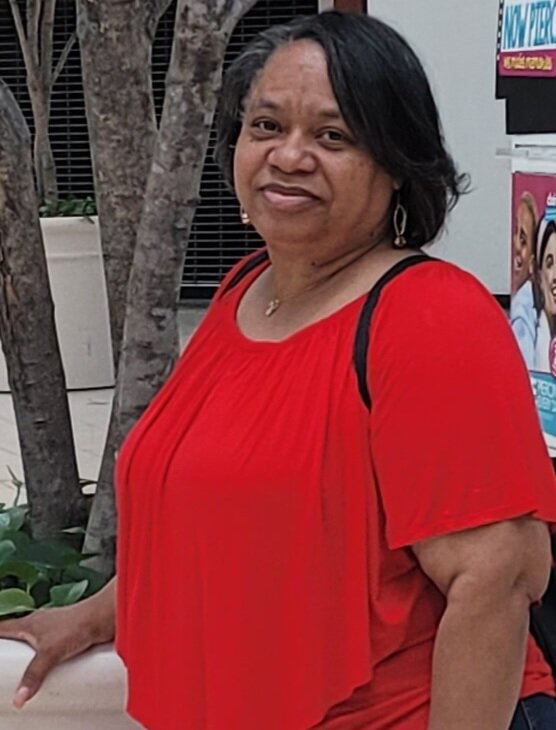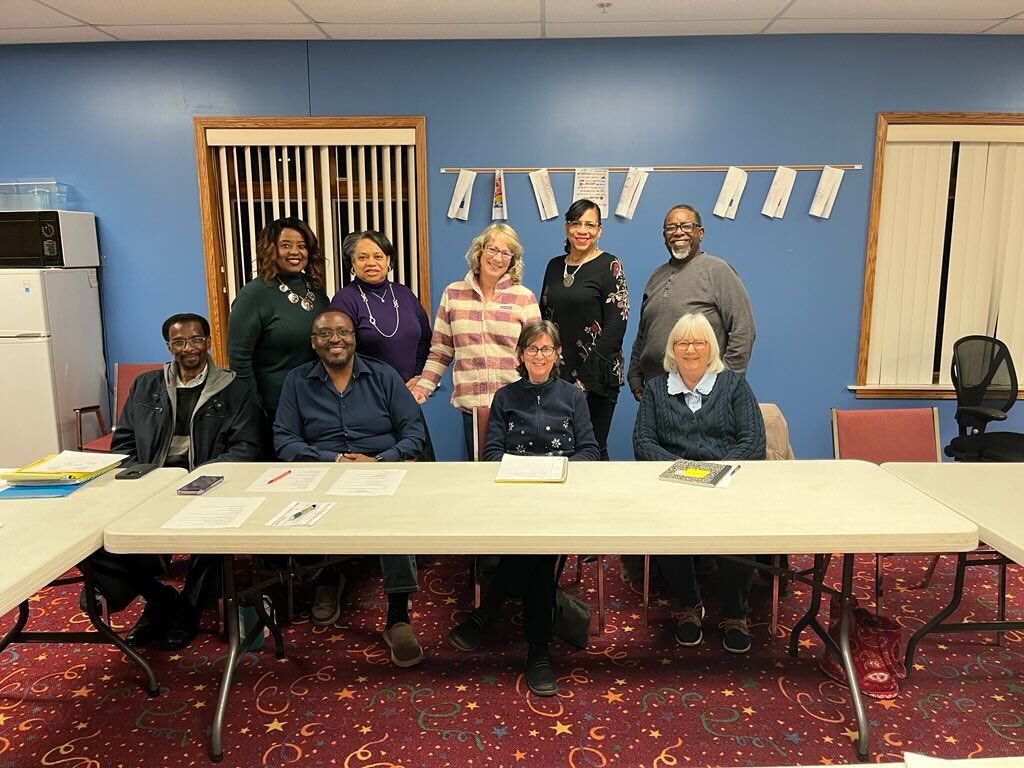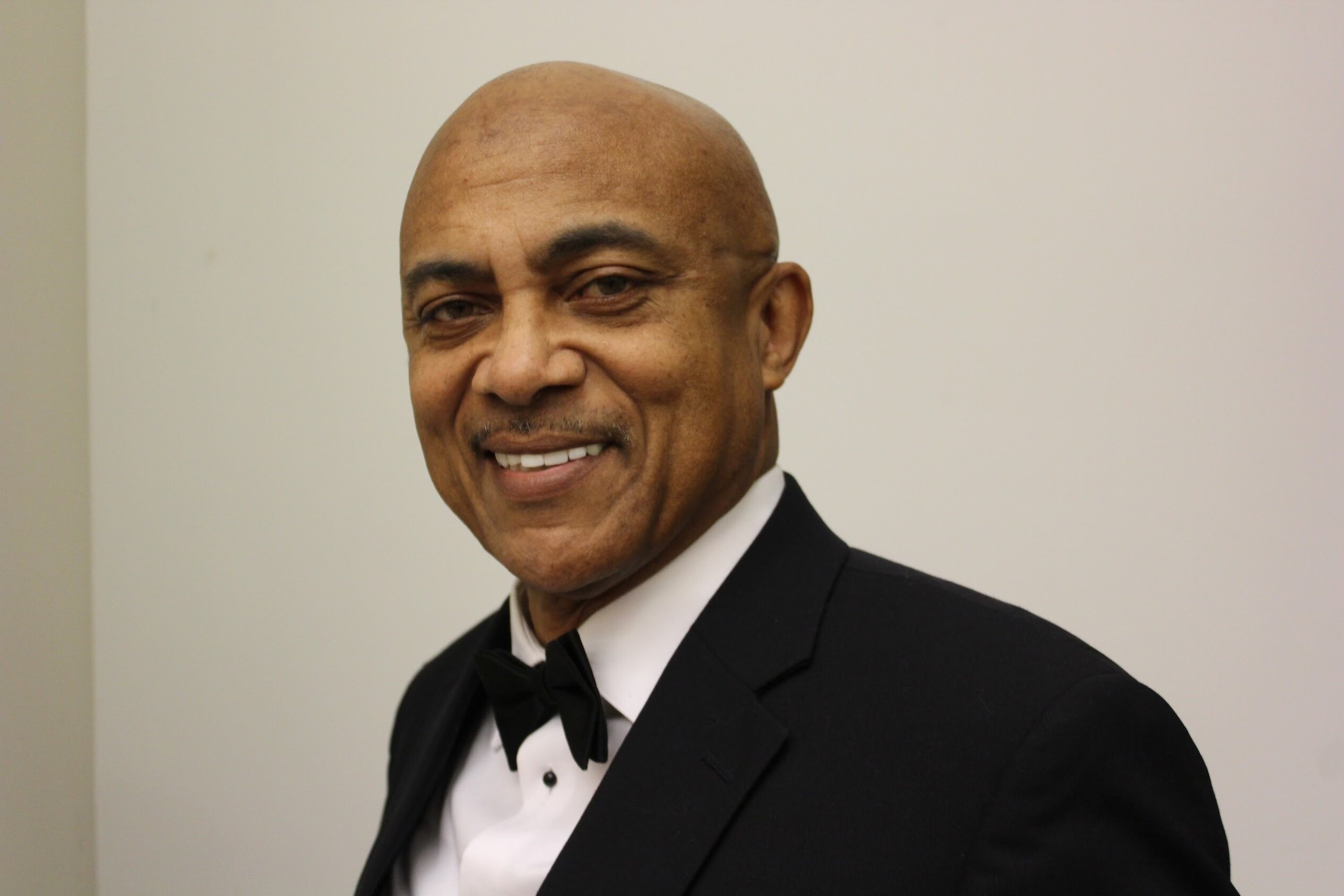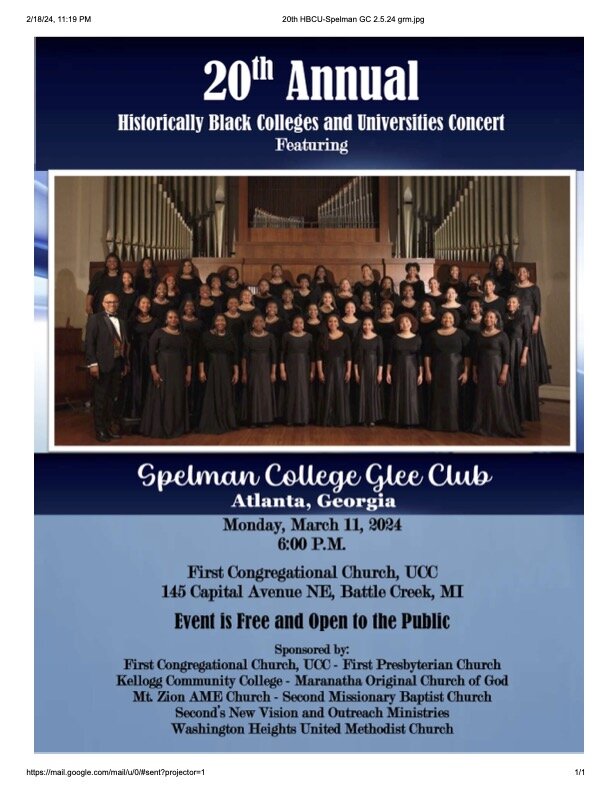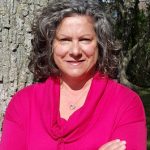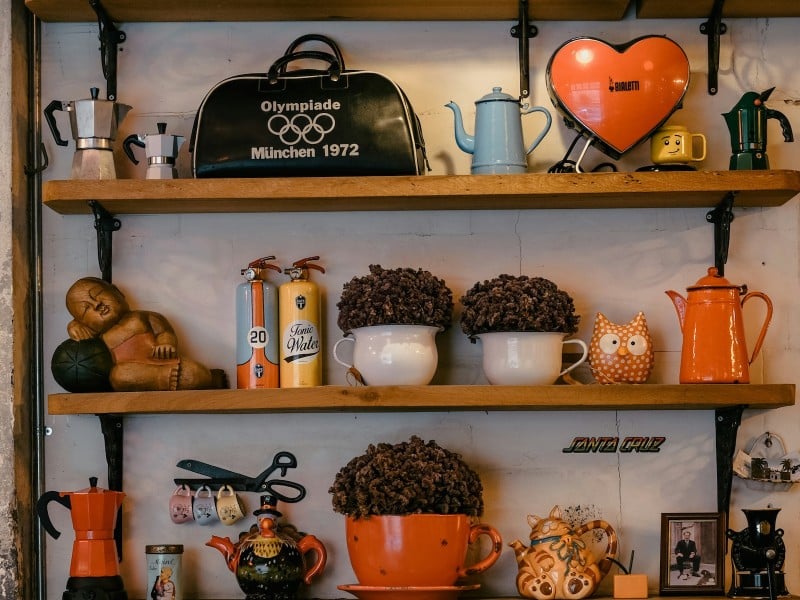Spelman College Glee Club to perform free concert in Battle Creek
“There is an experience going to an HBCU that you just can’t compare. It’s the camaraderie, the cultural experience, and the emphasis on the heritage. You’re able to see how people of color in those days were able to create an institution with so little.”
Editor’s note: This story is part of Southwest Michigan Second Wave’s On the Ground Battle Creek series.
BATTLE CREEK, MI — The Spelman College Glee Club will make its 20th annual appearance in Battle Creek for a free performance at 6 p.m. on March 11 at First Congregational Church.
The all-women’s chorale group first came here at the invitation of Pastor William Wyne, with Second Missionary Baptist Church. Wyne’s motivation, he says, came from a desire to expose African American youth and the greater community to history and culture that may be not as accessible to them.
Spelman is one of 107 Historically Black Colleges and Universities in the United States (HBCU). The only one in Michigan – Lewis College of Business in Detroit – closed in 2013.
The Glee Club’s appearance is part of Second Missionary’s HBCU Second New Vision Outreach Ministry program, a nonprofit arm of the church chaired by MaryJane Johnson.
“We are seeking to enhance the economic, spiritual, and social development of all people in our community,” Johnson says.
Dr. Gerald Case-Blanchard, a member of Second Missionary’s HBCU initiative and Vocal Director and Music Area Coordinator at Kellogg Community College, says the Glee Club is a symbol of the unparalleled choral options available to students through an HBCU experience. He says opportunities like seeing the Glee Club expose area youth to colleges and universities other than those in Michigan and show them that they have other options.
The fact that what audience members will see and hear is an all-female glee club is something Case-Blanchard says is rarely seen. Their repertoire includes everything from African American spirituals to composers like Bach and 20th-century composers.
“The chorale traditions present at Spelman, Morehouse College, and other HBCUs come out of the tradition of the Jubilee singers. They weren’t necessarily singing these songs when these organizations were founded,” Case-Blanchard says. “This will be a wonderful opportunity for people to learn about the culture and history while also allowing us to hear some fine chorale singing.”
Exposure of a different sort to HBCUs
Besides bringing the Glee Club in as a way to educate Battle Creek’s young people and the community about HBCUs, the Second New Vision project also offers an afterschool reading program and operates two transitional housing spaces for people just coming out of prison who are trying to re-establish their lives and families in need of a place to stay while seeking permanent housing. Johnson says these individuals have to be in some kind of program to access the transitional housing.
Another facet of Second New Vision was giving local students in-person experiences with HBCUs through bus trips during Spring Break to schools including Spelman and Morehouse down south and Howard and Hampton universities on the East Coast. These trips took place in 2009 and 2010.
“A lot of students in this area don’t get to experience the HBCU platform and tend to lean towards schools in Michigan,” says Wyne who came up with the idea. “So many influential people have attended HBCUs and I thought it would be a beneficial thing for our kids.”
Funding for these bus trips came through a $150,000 grant from the W.K. Kellogg Foundation. That money also enabled some students to get scholarships. Wyne says about seven students ended up attending an HBCU and are each very successful.
Jade Bolden, a 2012 graduate of Battle Creek Central High School, went on both trips. Bolden says she wanted to get a better sense of what HBCUs had to offer, particularly from a cultural and historical perspective.
“Being that they had produced so many Black leaders and professionals, I wanted to know more about that, and visiting these schools opened up the option for me to attend an HBCU,” she says.
As a graduate of BCCHS, Bolden was eligible for the Legacy Scholars program which would cover the cost for her to attend Kellogg Community College for two years.
“It was pretty hard to pass that up,” says Bolden, Marketing and Promotions Specialist for the City of Battle Creek’s Small Business Development Office.
“My college journey was different from most people,” she says. “From KCC I went to Lansing Community College where I earned an Associate’s degree. I wanted a smooth transition to Michigan State University where I had planned to earn a Bachelor’s degree in Advertising. Then I found out that Western Michigan University had a highly-rated Advertising program.”
By this time, she says she just wanted to “get it done.” She graduated from WMU in 2019 and is now considering doing graduate work at Florida Agricultural and Mechanical University or Morgan State University in Maryland, both of which are HBCUs.
Those earlier visits to HBCUs while in high school allowed Bolden to see people who looked like her in huge numbers and was inspiring and life-changing.
“I know that for many of the students, it was a turning point for them. It gave them the chance to see what else is out there,” she says. “Not only was it beneficial to my own personal experience. I’ll be 30 this year and we still talk about it. It’s something I’ll never forget.”
A journey to see what’s possible
Each of the bus trips included between 45 and 47 students. They were asked to write and submit essays about why they wanted to visit HBCUs and had to have a certain Grade Point Average (GPA). The students who met this criteria were selected in October to participate and attended monthly workshops focused on the trip.
“We didn’t want to put kids on a bus who just wanted to have fun,” Johnson says.
In 2009 the students went as far as Tuskegee, AL., and in 2010 they went towards Washington, D.C. They toured the U.S. Capitol and ate lunch in the cafeteria there.
During a stop in Atlanta on the first trip Johnson says she made sure the group stayed at an Embassy Suites hotel where they were treated well and respected. They also attended an elegant dinner hosted by the Black Entertainment Network with a keynote speech by one of the nation’s top African American cardiologists.
These were the types of experiences that would not have been available to these students were it not for Wyne and Johnson.
A disabled veteran who works as a Program Analyst and Sustainment Lead at the Hart Dole Inouye Federal Center, Johnson says the children she has with her husband, who is retired from the military, have lived in different places and were exposed to many different things. She says this was not true with the young people she was coming across after moving to Battle Creek in 2006.
Those students like Bolden met with the faculty and took campus tours at the HBCUs they visited. But, they also had more informal interactions where they were able to see college students who looked like them.
During a stop at Tennessee State University, the group had lunch in the cafeteria, and “that’s where they started seeing kids of all colors and they were amazed,” Johnson says. “These kids were carrying their books and some of them in fraternities were dressed in suits. They started seeing all this culture and interaction. They saw students dancing, speaking, and presenting and they didn’t want to leave.”
Then they learned what they would need to do to attend an HBCU that interested them.
The bus trips stopped after the funding ran out. Johnson says there has been talk about bringing back these HBCU visits.
“I think it’s really important,” Wyne says. “There is an experience going to an HBCU that you just can’t compare. It’s the camaraderie, the cultural experience, and the emphasis on the heritage. You’re able to see how people of color in those days were able to create an institution with so little.”
HBCUs, he says, “was our heritage, and that has given us a great deal of hope. The theme we have been using at our Church is “Connecting Our Heritage to Our Hope.’ For me as a person of color, my heritage is the foundation of my hope and the hope I enjoy today I can’t divorce my heritage from that.”

